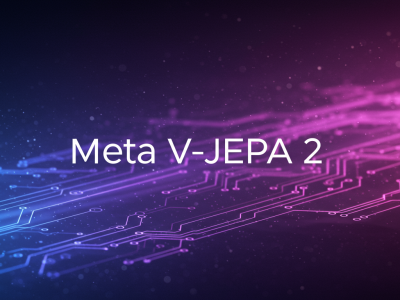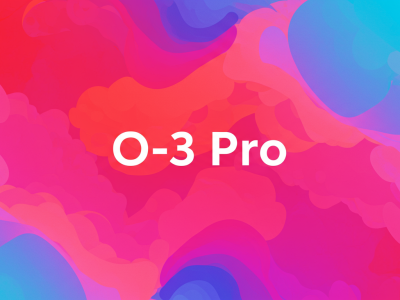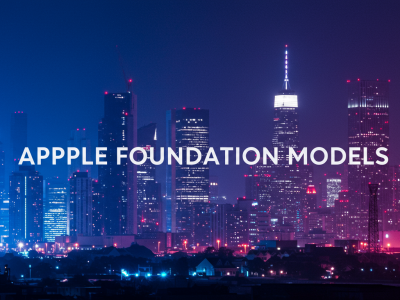Quick Take: Microsoft is building a secure, OS-level communication layer called the Model Context Protocol (MCP) directly into Windows 11. Announced at Build 2025, this is their answer to the massive security risk posed by powerful AI agents. The goal is to give developers a standardized and sandboxed way to build agentic apps that can safely use tools without giving them the keys to the kingdom.
🚀 The Crunch
🎯 Why This Matters: This is Microsoft’s OS-level answer to the massive security nightmare of AI agents. Instead of every app rolling its own risky agent framework, Windows 11 will provide a standardized, sandboxed communication layer (MCP) to manage how agents access tools and data. For devs, this means a safer, more structured way to build powerful agentic apps without giving them the keys to the entire system.
⚡ Developer Tip: Start thinking about your AI apps in terms of discrete “tools” that can be exposed via MCP. If you’re building for Windows, this is the future direction.
Critical Caveats & Considerations
- This is a Preview: The features announced are in early stages. The implementation, APIs, and policies will evolve significantly.
- Security is a Shared Responsibility: While Windows provides the secure foundation, the ultimate responsibility for implementing tools securely still lies with you, the developer.
- Threats are Evolving: The agentic threat landscape (XPIA, Tool Poisoning) is new and changing fast. Constant vigilance is required.
- Windows 11 Focus: This is a Windows-specific initiative. While MCP is an open protocol, the deep OS integration is unique to Windows 11 for now.
🔬 The Dive
The Problem: Agents with God Mode. AI agents are incredibly powerful, but that power is also their greatest weakness. A simple prompt injection attack on a chatbot might just leak some chat history. But when that agent is connected to tools—file systems, APIs, applications—the same attack can become a full-blown Remote Code Execution (RCE) vulnerability. Microsoft is tackling this head-on, recognizing that for an agentic ecosystem to thrive, it cannot be the Wild West.
💡 “LLM input and training data should be considered untrusted. Cross-prompt injection could let attackers hijack agent instructions, leading straight to data theft or malware dropping onto the system.” – Microsoft Security
The Four Pillars of MCP Security on Windows
Microsoft’s strategy isn’t just a single feature; it’s a multi-layered defense guided by their Secure Future Initiative. They’re building the agentic future on four core principles:
- Baseline Security for All: This is the non-negotiable entry ticket. To participate in the ecosystem as a tool provider (an MCP Server), developers must meet a fundamental set of security standards. This prevents a “race to the bottom” and ensures a basic level of safety for all users.
- A Trusted Ecosystem: It’s not enough to just meet a baseline. Windows will require that tool servers have a unique identity and that their code is signed. This isn’t just bureaucracy; it’s about provenance and control. If a tool is found to be malicious or vulnerable, its signature can be revoked, effectively cutting it off from the ecosystem.
- User in Control (Always): The agent works for the user, not the other way around. This principle mandates that any sensitive operations—modifying the OS, accessing private data, using credentials—must be made transparent to the user. Furthermore, these actions must be auditable, creating a clear trail of what the agent did and when.
- Enforced Least Privilege: This is the “blast radius” principle. By enforcing declarative capabilities (a tool must state what it can do upfront) and using OS-level isolation, Windows can severely limit the damage a compromised agent can cause. If an agent’s only declared capability is “read calendar,” it will be blocked from trying to access the file system.
By building this framework directly into the OS, Microsoft is making a bold statement: the future of AI on the desktop must be secure by design, not as an afterthought. Their collaboration with the wider community, including Anthropic and the MCP Steering Committee, shows a commitment to getting this right for everyone.
TLDR; Vibe Check: Microsoft is building a secure OS-level sandbox (MCP) into Windows 11 so AI agents don’t burn your house down. It standardizes how agents use tools, enforces strict security rules, and keeps the user firmly in control. Devs, get ready for a safer way to build agentic apps.




